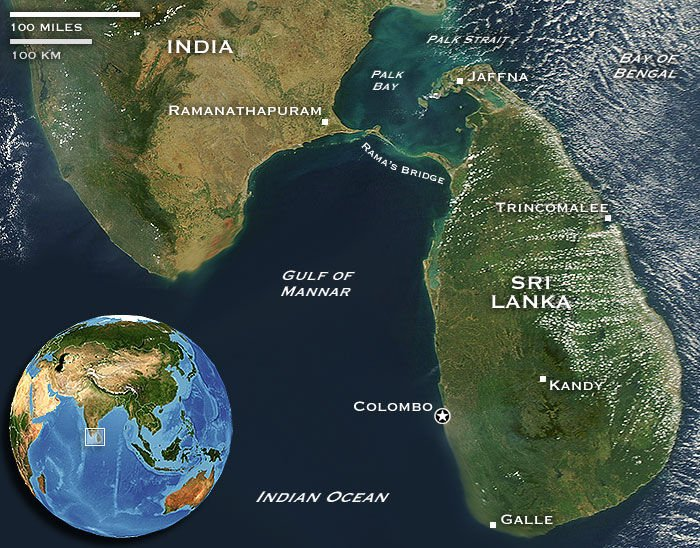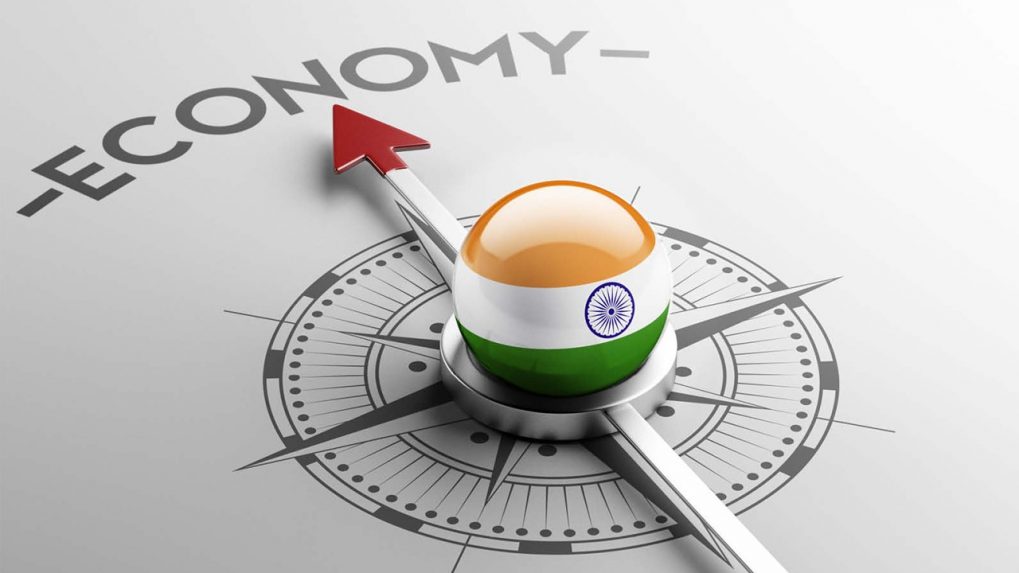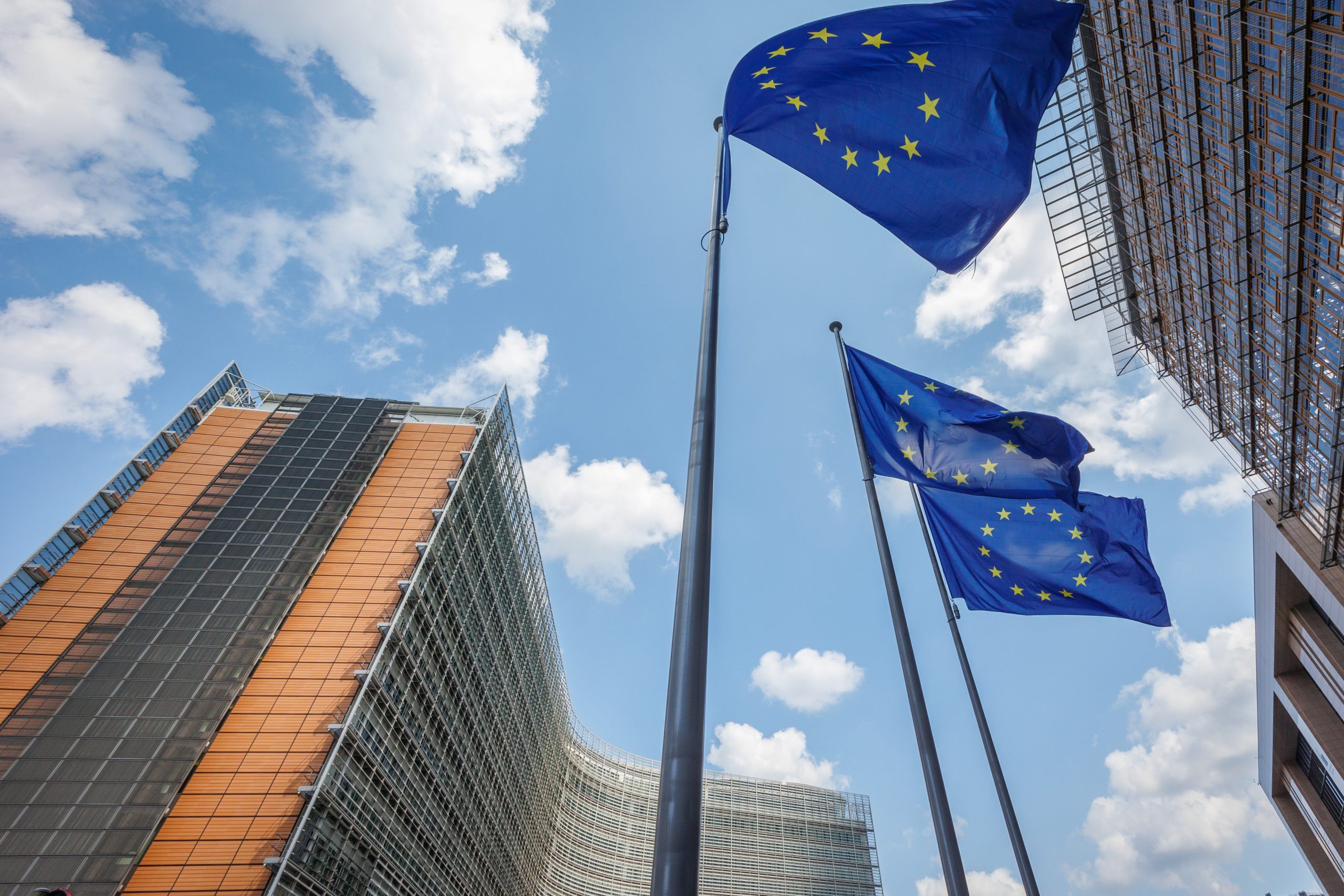- Courses
- GS Full Course 1 Year
- GS Full Course 2 Year
- GS Full Course 3 Year
- GS Full Course Till Selection
- Answer Alpha: Mains 2025 Mentorship
- MEP (Mains Enrichment Programme) Data, Facts
- Essay Target – 150+ Marks
- Online Program
- GS Recorded Course
- Polity
- Geography
- Economy
- Ancient, Medieval and Art & Culture AMAC
- Modern India, Post Independence & World History
- Environment
- Governance
- Science & Technology
- International Relations and Internal Security
- Disaster Management
- Ethics
- NCERT Current Affairs
- Indian Society and Social Issue
- NCERT- Science and Technology
- NCERT - Geography
- NCERT - Ancient History
- NCERT- World History
- NCERT Modern History
- CSAT
- 5 LAYERED ARJUNA Mentorship
- Public Administration Optional
- ABOUT US
- OUR TOPPERS
- TEST SERIES
- FREE STUDY MATERIAL
- VIDEOS
- CONTACT US
HYBRID RENEWABLE ENERGY SYSTEMS PROJECT IN SRI LANKA
HYBRID RENEWABLE ENERGY SYSTEMS PROJECT IN SRI LANKA
08-03-2024
Context
India has launched a Hybrid Renewable Energy Systems Project in Sri Lanka as part of a strategic initiative to strengthen energy infrastructure off Jaffna peninsula.
Hybrid Renewable Energy Systems Project
- The Hybrid Renewable Energy Systems Project was signed by India and Sri Lanka on March 1, 2024.
- It was signed by
- the Sri Lanka Sustainable Energy Authority,
- the Government of Sri Lanka, and
- the Indian company U-Solar Clean Energy Solutions
- It is being executed through USD 11-million grant assistance from the Government of India.
- The contract aims at building Hybrid Renewable Energy Systems in three islands off Jaffna peninsula,
- Delft or Neduntheevu
- Nainativu
- Analaitivu islands
- Aim: - The project is aimed at addressing energy needs of the people of the three islands.
- The hybrid project combines various forms of energy including both solar and wind.
- Capacity: - The project will comprise
- 530 kw of wind power,
- 1,700 kw of solar power,
- 2,400 kWh of battery power and
- 2,500 kw diesel power system
Significance of the Initiative
- The Hybrid Renewable Energy Systems programme is the third India-backed energy project planned for Sri Lanka's north and east.
- This initiative demonstrates India's sustained commitment to sustainable development in Sri Lanka's northern and eastern areas.
- This initiative represents a triumph for Indo-Sri Lankan collaboration while also emphasizing the difficulties of regional relations.

India-Sri Lanka Relations
|
Political Relations |
|
|
Trade Relations |
|
|
Cultural Relations |
|
|
Defence Relations |
|
|
Strategic Interest |
|
Major Agreements Signed Between India and Sri Lanka
- India has helped Sri Lanka's Debt Restructuring by partnering with the International Monetary Fund (IMF) and creditors.
- Both India and Sri Lanka have agreed to build a Multi-Product Petroleum Pipeline from southern India to Sri Lanka.
- The Joint Declaration of Intent (JDI) for Animal Husbandry and Dairying.
- Memorandum of Cooperation for Economic Development Projects in Sri Lanka's Trincomalee District.
- NPCI International Payments Limited (NPIL) and Lanka Pay have signed a network-to-network agreement to accept Unified Payments Interface (UPI) applications in Sri Lanka.
- The proposed Economic and Technology Cooperation Agreement (ETCA) between India and Sri Lanka will enhance trade in services, investments, and technology cooperation.
Issues and Conflicts bet India-Sri Lanka Relations
- Fishermen issue: Sri Lanka has long been concerned about illicit fishing by Indian fishermen in its territorial waters across the Palk Strait. India detains Sri Lankan fishermen for unlawful fishing.
- Katchatheevu Island: Sri Lanka recognises its sovereignty over the island under the 1974 agreement. However, Tamil Nadu contended that Katchatheevu is under Indian territory.
- Chinese influence in Sri Lanka: China has used geoeconomics to advance its geopolitical goals in Sri Lanka. This has led to strategic land grabs, which might quickly escalate into a civil-military conflict.
Conclusion
The Hybrid Renewable Energy Systems Project initiative is a watershed event in Indo-Sri Lankan relations, demonstrating India's commitment to sustainable energy development in the area. India's proactive approach, granting grant assistance rather than a loan, underlines its geopolitical interests in the region.
Must Check: Best IAS Coaching In Delhi



